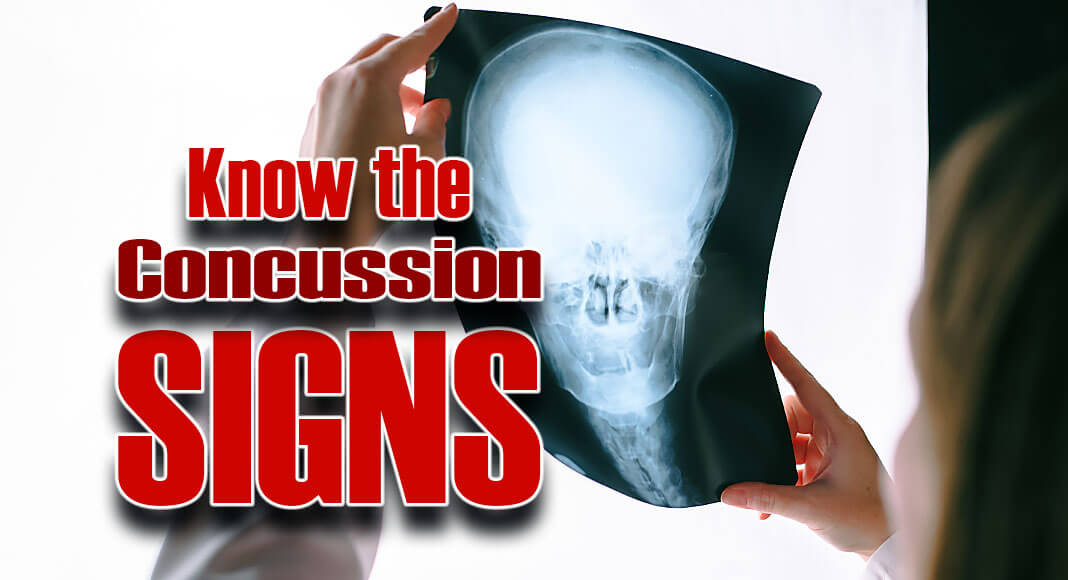
Mega Doctor News
Newswise — As high school sports kick off with the new school year, Ochsner sports medicine experts remind players, parents and coaches that concussions can be difficult to diagnose.
Primary care sports medicine physician Dr. Sean Bradley points out there are no lab tests or imaging methods that can determine if a concussion has occurred.
“A diagnosis is generally based off of symptoms at the time of the injury, a physical exam on the sideline and how the injury took place,” Dr. Bradley says. “And no two concussions are ever the same. Even if an athlete suffers another concussion, he or she can have totally different symptoms that require a completely different treatment model from the previous injury.”
Concussions are caused by a blow or jolt to the head, and the resulting injury can affect brain function. According to the Centers for Disease Control and Prevention, more than 173,000 children and teens are treated in hospital emergency rooms across the country each year for concussions and other traumatic brain injuries.
Dr. Bradley says that while common symptoms are more familiar – headache, neck pain, nausea and vomiting – other symptoms can result as well, including:
- Mood changes like increased irritability, sadness or anxiety
- Dizziness
- Blurred vision
- Balance problems
These additional symptoms might be mild or intermittent, Dr. Bradley says, which can further complicate the diagnosis of concussions. Players who are suspected of suffering a concussion should be removed from play and activity, and get evaluated by a qualified medical professional.
“Not all concussions have to go to the emergency room, but things like worsening headache, changes in mood, behavior or mental status, as well as progressing focal neurological deficits, are red flags that an athlete needs to be seen in the emergency room immediately,” Dr. Bradley says.
Tylenol is preferred immediately after a concussion, and anti-inflammatories and alcohol should be avoided. While medical advice long held that sleep should be avoided immediately after a concussion, Dr. Bradley says that is no longer the case. Those who suffer concussions can sleep that night.
Dr. Bradley says several recent rule changes in football, especially with kickoffs, “blindside” blocks and penalties for dangerous hits, have helped reduced concussions in the sport. He also stressed the importance of proper equipment size and use. “But remember, helmets cannot prevent concussion,” he said.
“It’s really crucial that football players, especially, understand how to protect themselves and that their coaches teach the right techniques that help prevent injuries,” Bradley said.








